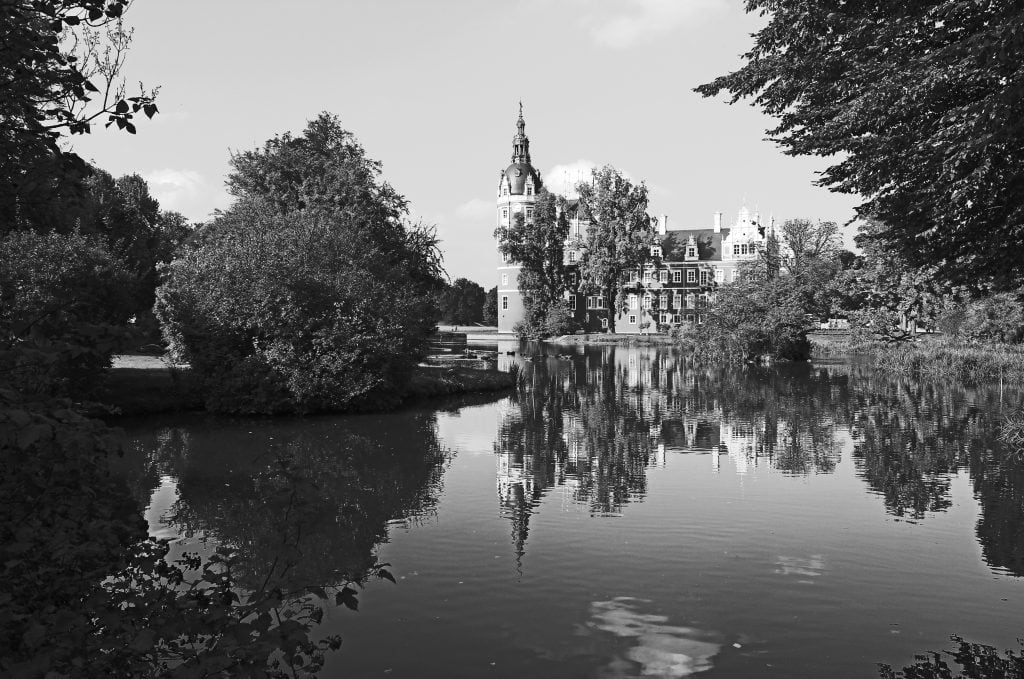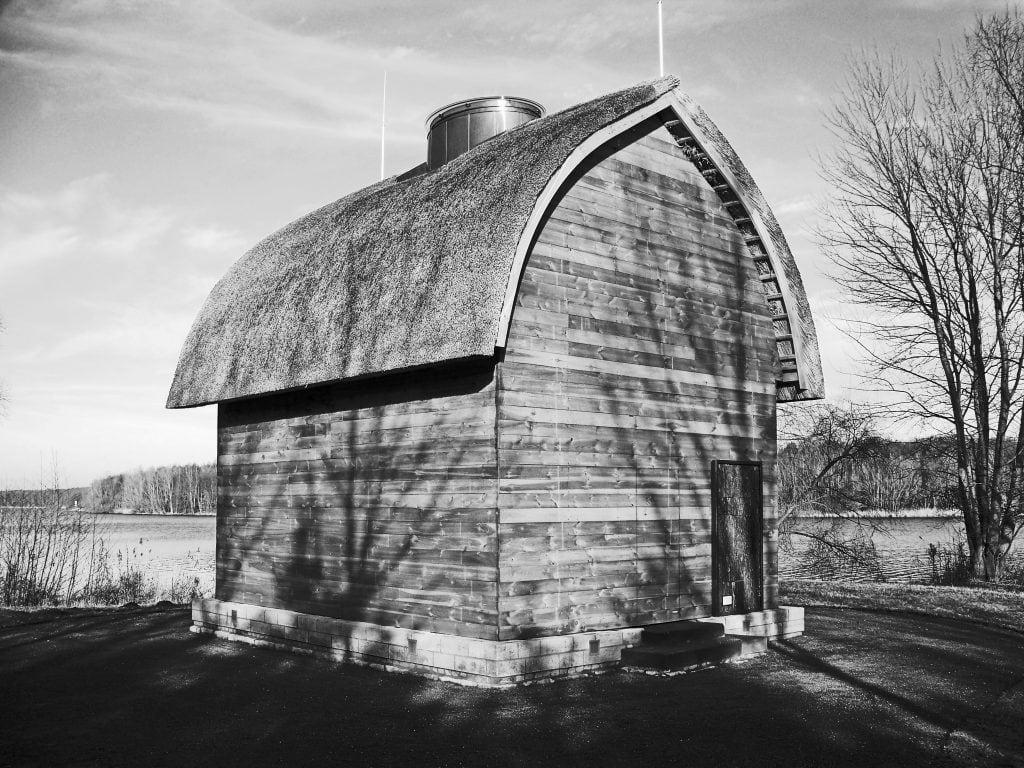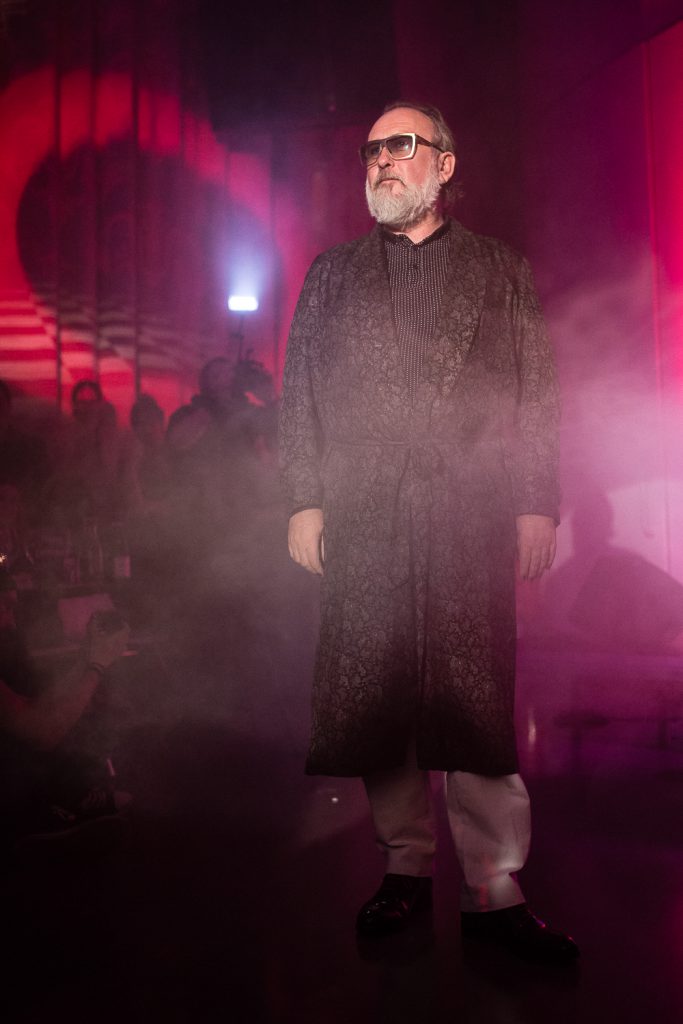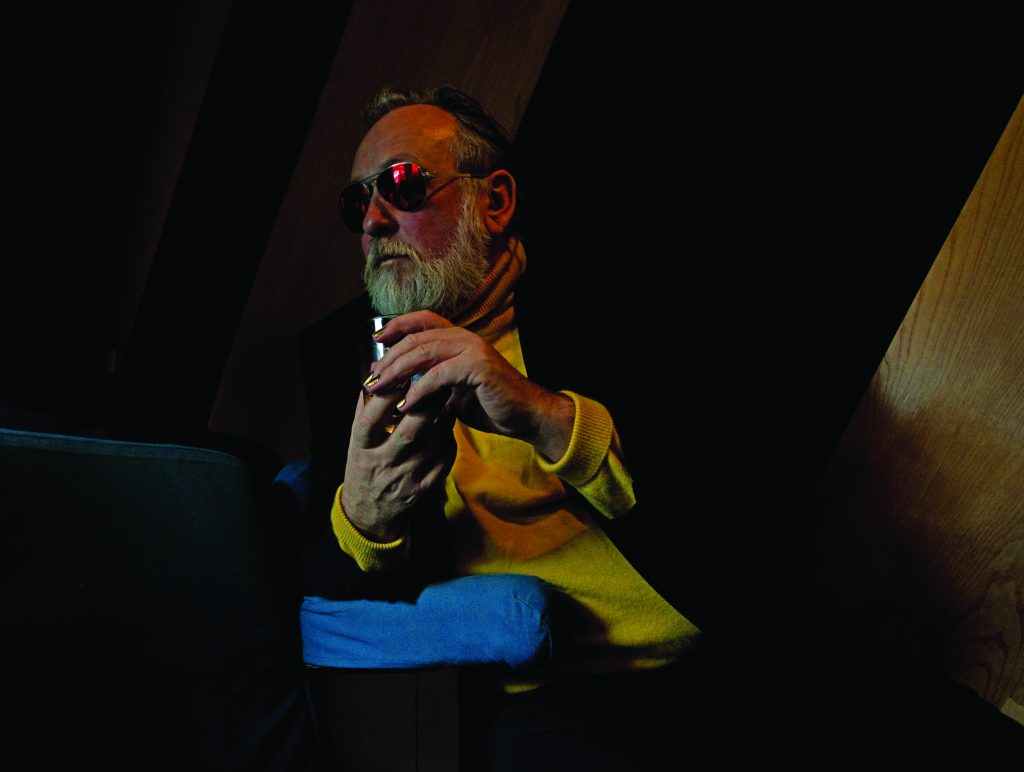by Friedrich Liechtenstein
There is a lot you could say about borders, boundaries, barriers and limits. Tree boundaries, boundless love and things like that.
Yet two phenomena at the edges of my old home are what immediately come to mind, and I would like to tell you about them.
1. S C E N E
The Fürst-Pückler-Park in Bad Muskau at the European border between Poland and Germany.

Fürst Pückler was a chancer. His stories, his parks and his conceptual life are nothing if not entertaining. I have no idea how much damage he caused, but his desire to design was huge. His wife also seems to have been a part of that work. We all know that history is written by the victors. Not even people who were closely involved can tell us how things really were. The park is there. And we can explore it; there is no border dividing it. It is a beautiful place, the paths are fun, almost absurd, and the sound of the water, the tree patterns, everything is lovely. I found myself checking where the grass is greener – in Poland or in Germany.
When the GDR still existed, the grass was greener in West Germany, but there were also sections of wall with no grass at all.
2. S C E N E
The hermitage on the shores of Potsdam’s Jungfernsee lake on the former East-West Germany border.

The hermitage in Potsdam was in the way when they built the wall. The trees were felled, the building removed and the area sprayed with herbicide to prevent growth. After the wall came down, the hermitage was reconstructed. I have only seen it from a boat, and been told its history by an academic sitting beside me. Hermits are escapists. That makes an afternoon nap in the hermitage a wonderful escape from the world. Maybe that will happen one day. The wall has gone and the hermitage is back. There are borders, and there are borders that disappear. Some borders are invisible. Oceans have borders, limits. The Atlantic, for example, is not the Mediterranean.
Strolling through Fürst Pückler’s borderless park, dreaming oneself away into a magnificently furnished, windowless hermitage. What a wonderful way to spend your time. I appreciate a Europe without borders and a reunited Germany. I am one of the lucky ones who gets to experience all this.

Friedrich Liechtenstein is an actor, musician and entertainer. He grew up in what was then Stalinstadt, Eisenhüttenstadt, in the GDR. Friedrich Liechtenstein now lives in Berlin. With Arnold Kasar and Sebastian Borkowski, he is part of the Friedrich Liechtenstein Trio, whose concerts combine jazz, easy listening and electronic music and “delight and enchant”. He is a regular on the Tele 5 TV channel in humorous but artistic short films such as “Festival der Liebe” and “Friedrichs Knicks für Knigge”.
Photo: Wilfried Mörtl


iThere are no comments
Add yours